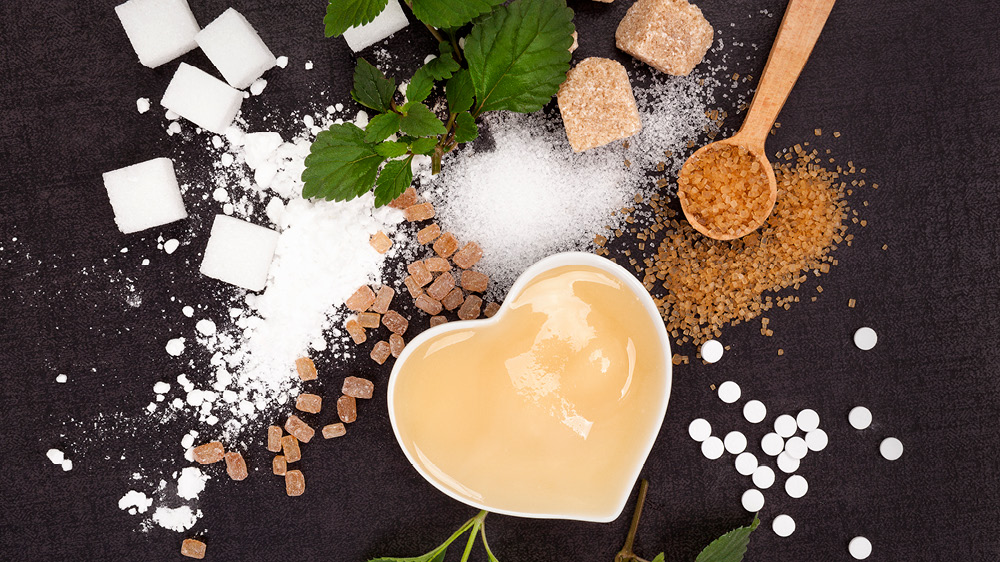How artificial sweeteners can affect your heart health
March 30, 2023Categories: Heart Care, Wellness
Artificial sweeteners substitute sugar in many drinks and foods. But a new study suggests that they may cause more harm than good. Let's break down the research on artificial sweeteners.
Artificial sweeteners
Artificial sweeteners are sugar replacements that taste sweeter than sugar but have few to no calories. Various sugar alcohols are used including erythritol, aspartame, sucralose and saccharin. You may recognize these as Splenda, Sweet n Low or Truvia.
Erythritol is a manufactured artificial sweetener made from corn. It is often mixed with other sweeteners or used in sugar free snacks.
Erythritol and blood clots
A study at Cleveland Clinic found that people with high levels of erythritol have increased risk of stroke, heart attack and death. The 4,000 people study suggested that consuming the sweetener can increase blood clot formation. Blood clots can travel to the heart, brain or other critical organs and cause a heart attack or stroke.
More studies will need to be done to corroborate the research. This was a limited study and many of the people with elevated levels had other medical conditions.
Replacing artificial sugars
If you are at high risk for heart attack or stroke, you may want to avoid artificial sweeteners.
The real sugars in fresh and frozen fruits are much healthier than artificially sweetened foods. It's strongly recommended to consume ‘real food’ over processed or artificially sweetened food.
Eat the rainbow with sweet fruits, like:
- Bananas.
- Blueberries.
- Cherries.
- Grapes.
- Pomegranates.


